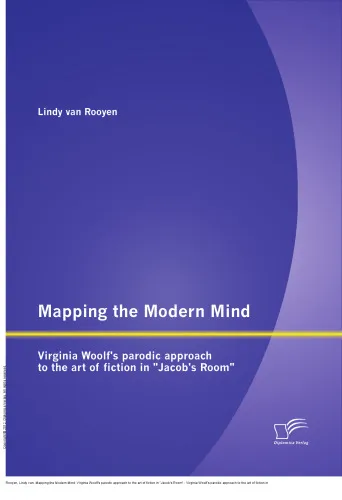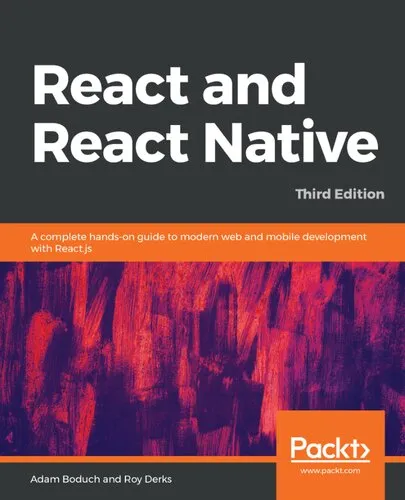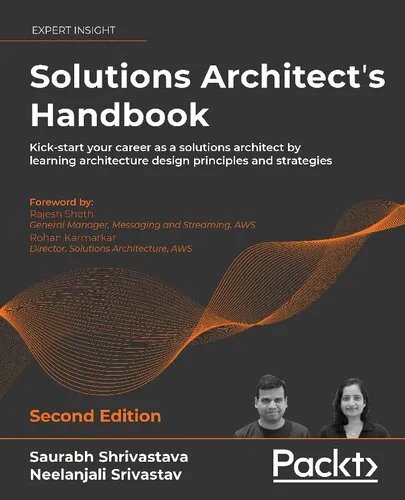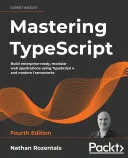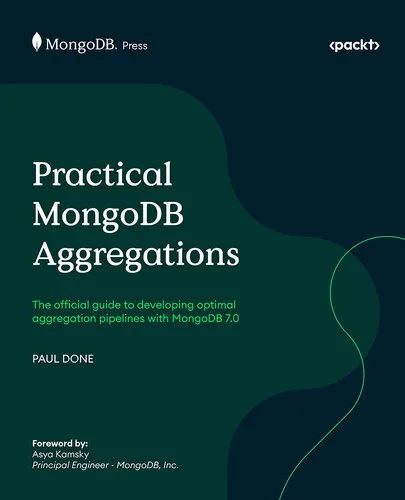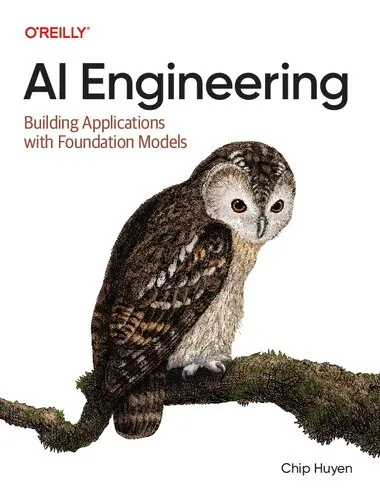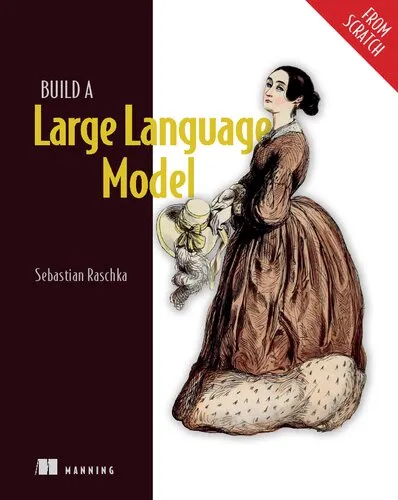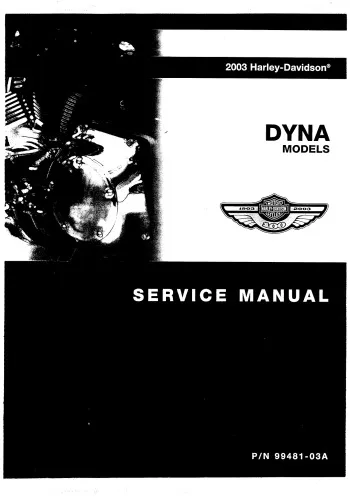Mapping the Modern Mind: Virginia Woolf's parodic approach to the art of fiction in "Jacob's Room" : Virginia Woolf's parodic approach to the art of fiction in "Jacob's Room"
4.5
Reviews from our users

You Can Ask your questions from this book's AI after Login
Each download or ask from book AI costs 2 points. To earn more free points, please visit the Points Guide Page and complete some valuable actions.Related Refrences:
Analytical Summary
Mapping the Modern Mind: Virginia Woolf's parodic approach to the art of fiction in "Jacob's Room" represents a meticulously researched exploration into Woolf’s complex modernist techniques. Written with scholarly precision, this work interrogates the intersection between parody, narrative experimentation, and literary modernism, placing Woolf’s third novel within the shifting currents of early twentieth-century fiction. The book situates "Jacob's Room" within the larger context of modernist innovation, carefully dissecting Woolf’s playful yet incisive dismantling of traditional novelistic conventions.
As an academic study, it traces how Woolf manipulates structure, characterization, and textual form to challenge prevailing notions of realism and authorial omniscience. Through close textual analysis, readers are led to appreciate how parody operates not merely as comedic mimicry, but as a vehicle for profound philosophical and aesthetic reflection. The author’s approach highlights connections to contemporaneous literary movements while elucidating Woolf’s distinctive voice in framing the modern mind. While certain contextual specifics, such as publication year of this monograph, remain “Information unavailable” due to absence of reliable public sources, the content itself remains deeply anchored in textual scholarship and critical theory.
Serious readers, academics, and professionals with an interest in Virginia Woolf literary criticism and modernist narrative analysis will find this study an indispensable resource. It navigates between dense literary theory and accessible commentary to deliver insight that resonates across disciplinary boundaries—from English literature to cultural history, and from philosophy to narratology.
Key Takeaways
The book delivers rich, interconnected lessons on Woolf’s artistry and intellectual strategies. Its careful examination of parody opens a deeper understanding of how literary form and thematic content intertwine.
First, readers learn that parody, as mobilized by Woolf in "Jacob’s Room", is not intended to degrade her predecessors but to articulate new possibilities for fiction. Second, this study demonstrates how shifts in narrative point of view and temporal structure reinforce the depiction of fleeting human experience. Third, it reveals how Woolf's narrative fragmentation parallels modernist concerns with perception, consciousness, and the instability of meaning. Fourth, the analysis connects parody with Woolf’s feminist sensibility, showing how narrative disruption challenges patriarchal literary norms. Lastly, the book exemplifies the benefit of reading modernist novels through the lens of stylistic humor and subversion, as a means of unlocking layered interpretations.
Memorable Quotes
Woolf’s work teaches us that parody can be the sharpest lens into truth. Unknown
To map the modern mind, one must first let go of the illusion of control. Unknown
Jacob’s Room is less a room than a shifting landscape of thought. Unknown
Why This Book Matters
For students of literary modernism and admirers of Virginia Woolf, Mapping the Modern Mind offers an invaluable gateway into one of the author’s most daring works. It bridges textual analysis with theoretical synthesis, creating a platform for nuanced discussion about the evolution of narrative form.
This study makes Woolf’s parodic strategy accessible without diluting its complexity. It speaks to an audience that seeks serious engagement with literature’s capacity to reformulate consciousness and perception. Furthermore, it reinforces the necessity of examining parody not as peripheral humor but as a central, destabilizing force in modernist writing. The contribution here is both to Woolf scholarship and to the broader understanding of parody as an artistic and intellectual practice.
Inspiring Conclusion
Mapping the Modern Mind: Virginia Woolf's parodic approach to the art of fiction in "Jacob's Room" invites readers to immerse themselves in the nuances of modernist parody and its transformative impact on narrative form.
For those committed to exploring the rich terrain of Virginia Woolf literary criticism and modernist narrative analysis, this book represents a clarion call to engage, reflect, and converse. It does not offer easy answers, but instead challenges readers to rethink the shapes and limits of fiction. With its detailed exploration and authoritative voice, Mapping the Modern Mind stands as a seminal resource for understanding how parody can redefine our reading of modernist texts. Whether in the seminar room, the library, or a quiet corner of one’s reading space, the next step is clear—read, share, and discuss this work to further map the contours of the modern mind.
Free Direct Download
You Can Download this book after Login
Accessing books through legal platforms and public libraries not only supports the rights of authors and publishers but also contributes to the sustainability of reading culture. Before downloading, please take a moment to consider these options.
Find this book on other platforms:
WorldCat helps you find books in libraries worldwide.
See ratings, reviews, and discussions on Goodreads.
Find and buy rare or used books on AbeBooks.
1094
بازدید4.5
امتیاز0
نظر98%
رضایتReviews:
4.5
Based on 0 users review
Questions & Answers
Ask questions about this book or help others by answering
No questions yet. Be the first to ask!
